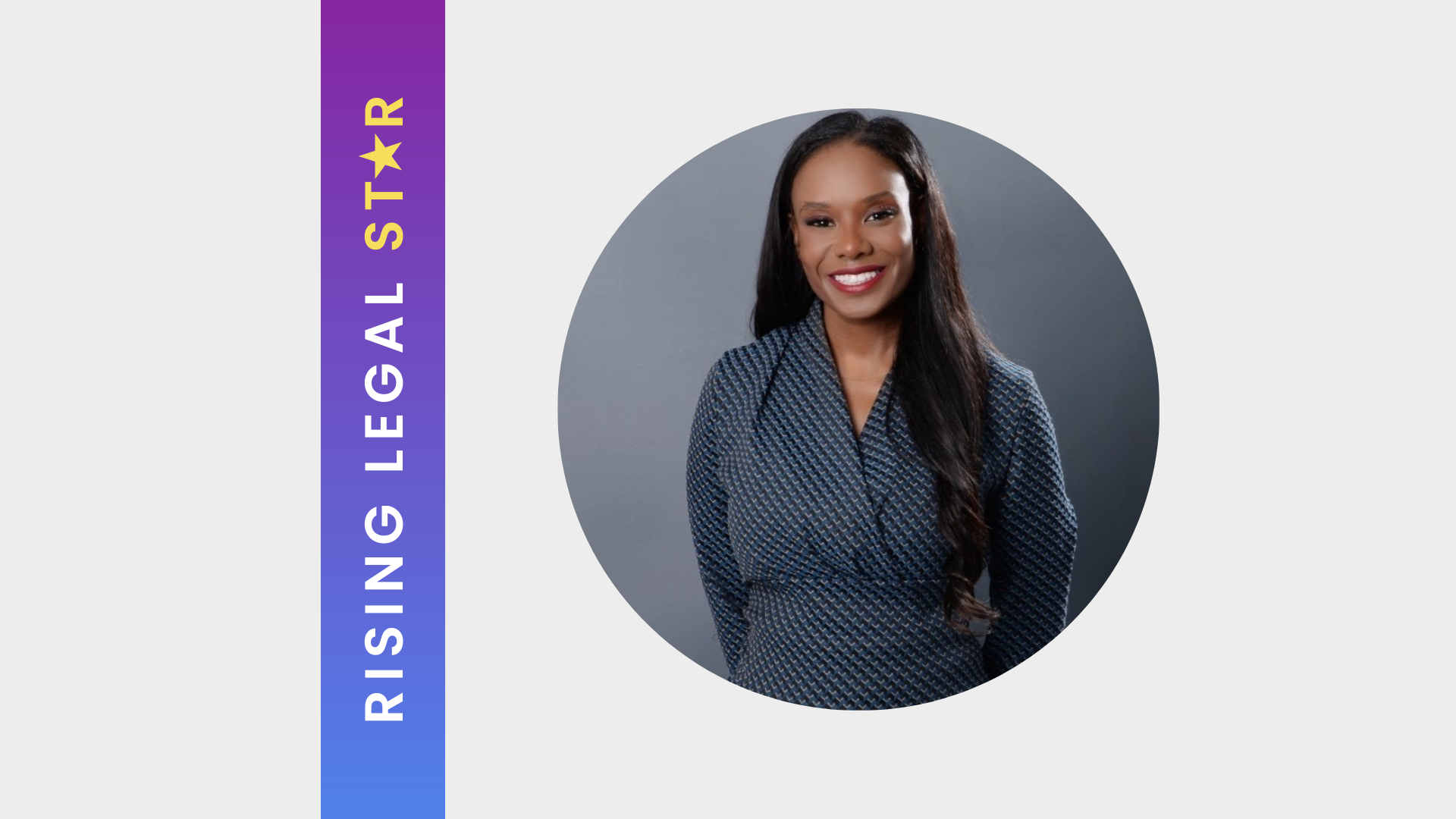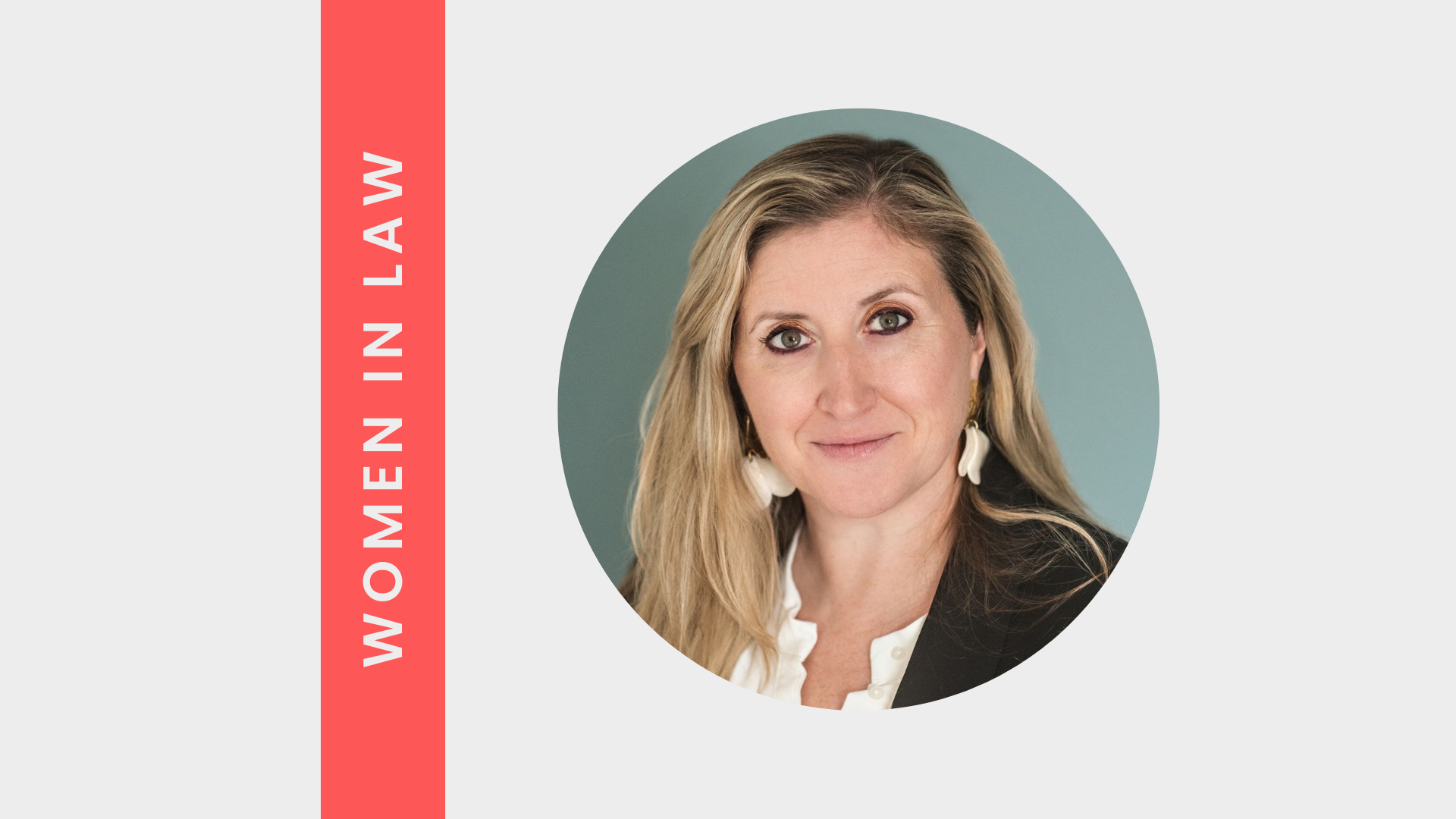Clever answers to common, and not so common, interview questions
Today’s the day. They loved your CV, adored your cover letter and you’re now sat in the interview, feeling confident.
Then all of a sudden you’re being asked: “If you could be any superhero, who would you be?”
It all comes crashing down. What sort of question is that!? Do they expect me to give a serious answer? Of course I'm going to say Batman, but why?
Let’s look at some typical, and some not so typical, interview questions you may get asked, and how you can combat each and every one.
Tell me about yourself…
Probably the most common opening question and, on the surface, quite a mundane one. It can put you on the spot though.
But this is an opportunity for you to briefly (note the word ‘briefly’) state your education and work experience. Whilst it’s not an opportunity to tell your life story, show some personality; maybe in the form of a fun fact about yourself
What weaknesses do you have?
Everybody’s got a weakness, so don’t fall into the trap of saying you haven’t got any. Saying this shows you haven’t taken the time to think about this question.
Employers respect your honesty here. Pick a genuine weakness and address how you’re trying to resolve it. If you’re applying for a job in I.T., for example, you might not be very familiar with a particular system. Say this, but state what it is you’re doing to amend this. Maybe you’ve enrolled on a course?
Where do you see yourself in five years?
This question is all about showing your ambition. Set both short and long-term goals for yourself, relating to the position you’re applying for. Ideally, try to give examples of how you aim to reach these goals.
What is your salary expectation?
You should be feeling confident enough to answer this question. Don’t be overconfident though. Research what the average salary for such a position is and create a range around this.
It is also perfectly acceptable to discuss other benefits such as private healthcare, flexible working patterns, pensions etc.
What motivates you?
Employers want highly motivated people. What motivates you in the moment depends on the role you’ve applied for.
In sales, for instance, the amount of revenue you bring in is often a KPI. If you’re working in a commission-based environment, then the more money you make, the more the company makes. This hunger is seen as a good thing. But if you’re not interviewing for a sales role, then this sort of answer can make you appear selfish, as it’s a factor which is only in your interests and not your employers.
Depending on the role, elaborate on factors such as the challenge and stretch of the role, recognition, results and teamwork. Use these to demonstrate the value you can bring to the company.
If you could be any superhero, who would you be?
These type of questions are designed to make you think on your feet. And they don’t have a specific answer, so give you complete creative freedom.
Take a moment to think about the question. Think how you can reflect yourself in a smart and concise way.
For example, take Batman. Batman is only human, yet he still manages to be one of the most successful crime fighters around. He is always prepared, with a well thought out plan; and uses his allies to great effect, when faced with a difficult challenge.
See how we've related our own experience to the question and highlighted our ability to both plan and execute tasks, as well as working with our team to overcome challenges. It’s this kind of logic that your interviewer will want to see.
Above all else, you don’t need to script out every potential question ahead of your interview. It’s impossible to do so anyway. Just make sure you’re confident about articulating your strengths and weaknesses . Think about what your answers say about you.
Our latest insights







